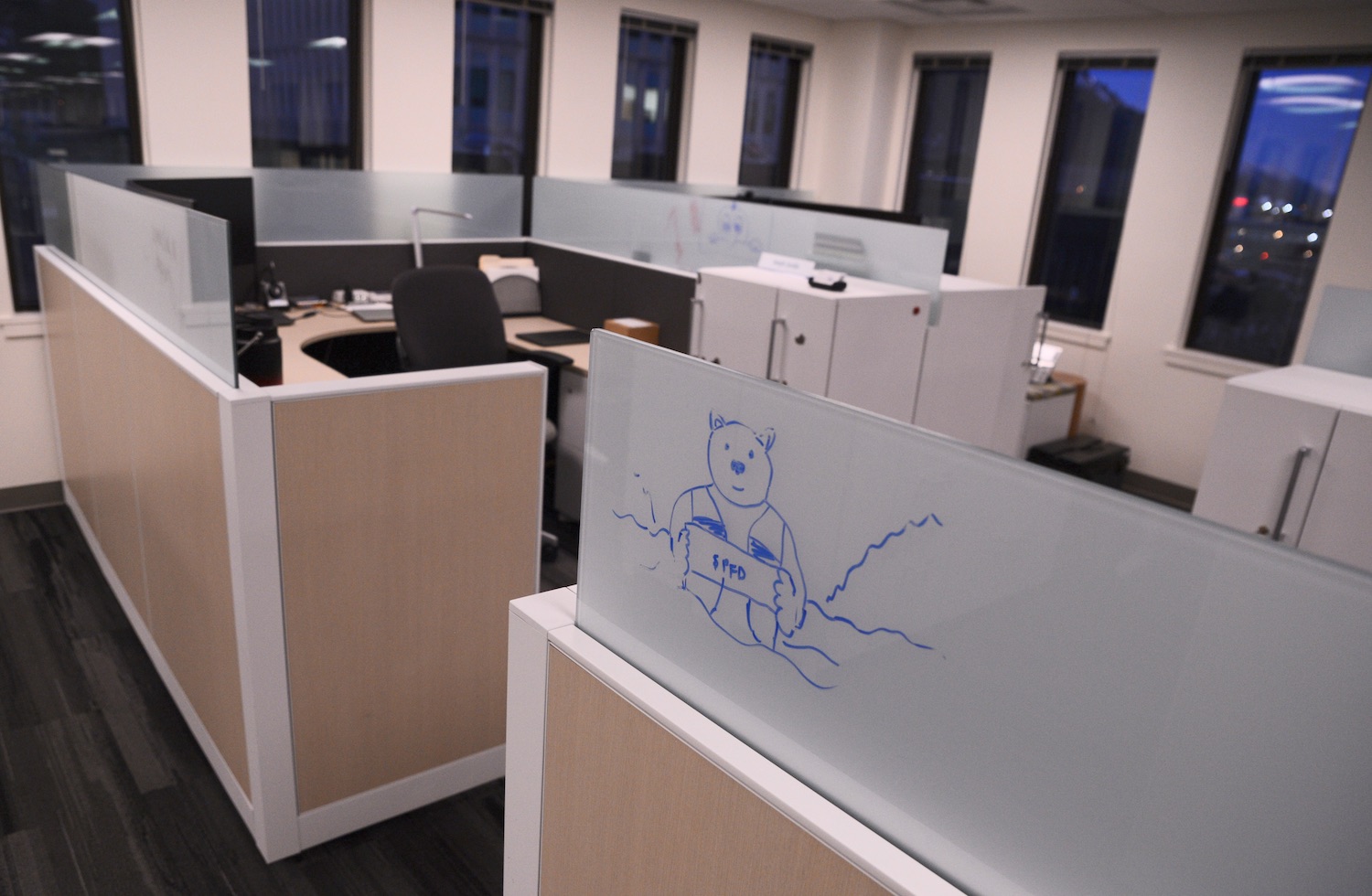
Members of the Alaska Legislature questioned the direction of the Alaska Permanent Fund Corp. on Monday in a hearing of the Legislative Budget and Audit Committee, the committee’s first since leaked internal emails indicated that board member Gabrielle Rubenstein may have engaged in conflicts of interest.
The corporation controls the investments of Alaska’s $80 billion trust fund, whose proceeds pay for more than half of the section of the state budget devoted to general use.
Rep. Ben Carpenter, R-Nikiski and chair of the committee, asked pointedly whether the corporation’s investment strategy is designed to benefit someone in particular.
“Are we growing the fund for other people’s purposes? Meaning, now we’ve got more of our assets tied up in the private market, but we didn’t in the past — who’s benefiting from that?” Carpenter asked.
To meet earnings targets, a significant portion of the fund is now invested in private equity investments, which aren’t publicly listed or traded.
Those investments are riskier, but historically have generated higher returns than publicly traded investments.
Leaked internal emails indicate that investment staff have felt pressured by board vice chair Rubenstein, co-founder of a private equity firm and daughter of David Rubenstein, co-founder of one of the world’s largest private equity funds.
Last month, the corporation’s board of trustees voted unanimously to raise the target share of the fund invested in private equity. The fund had been above its previous target in private equity because of the success of prior investments, and the new target is in line with the fund’s current values.
Permanent Fund CEO Deven Mitchell said after Monday’s hearing that if someone thinks the fund is being invested for something other than the benefit of all Alaskans, “obviously, that’s not going to be our perspective.”
“I would defend the performance of the staff and the investment team to have made decisions based on what they believe best for the fund, rather than any other purpose,” he said.
During the meeting, Mitchell said questions about the leaked emails amounted to “noise,” which drew a rebuke from Rep. Andy Josephson, D-Anchorage.
“There’s been an accumulation of things — the dispute over the Anchorage office, these emails, whether a thumb has been put on the scale in terms of investment decisions that are outside the norm,” he said.
He said the APFC’s decision to spend as much as $200 million on private equity investments within the state is also an area of concern.
One of those investments was in Peter Pan Seafoods, which has since declared bankruptcy, causing a crisis in Southwest Alaska.
Carpenter raised similar concerns.
“If they were just isolated events, it would paint one picture, but because there’s a series of things, it kind of paints a different picture,” Carpenter said.
The Legislative Budget and Audit Committee has oversight authority over the Permanent Fund Corp., and Carpenter suggested the committee could launch a performance audit to assess whether the corporation is meeting the Legislature’s goals.
“We have a responsibility to Alaskans to make sure that we’re doing our due diligence as legislators on providing oversight for the corporation,” he said.




